Find Help
More Items From Ergsy search
-
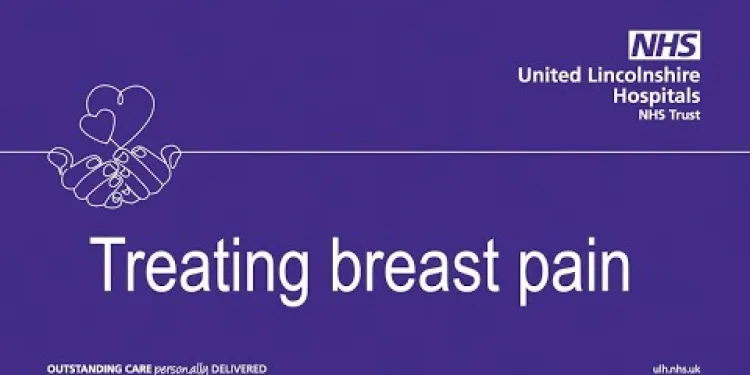
Treating breast pain | United Lincolnshire Hospitals NHS Trust
Relevance: 100%
-
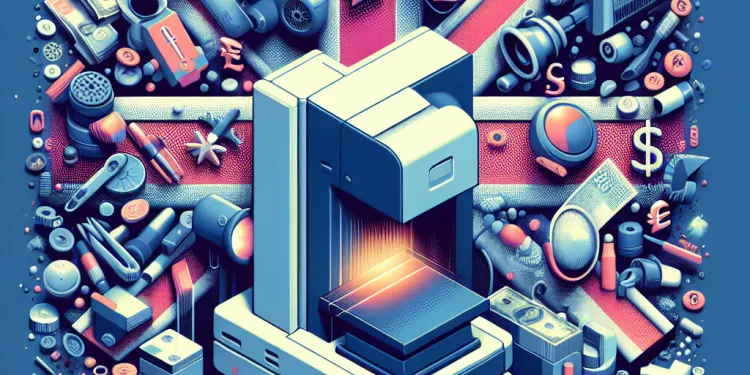
Is a mammogram painful?
Relevance: 82%
-
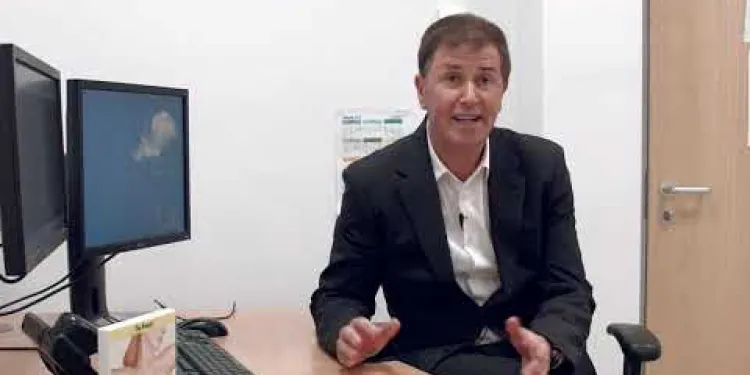
Evidence-Based Interventions: breast reduction
Relevance: 79%
-
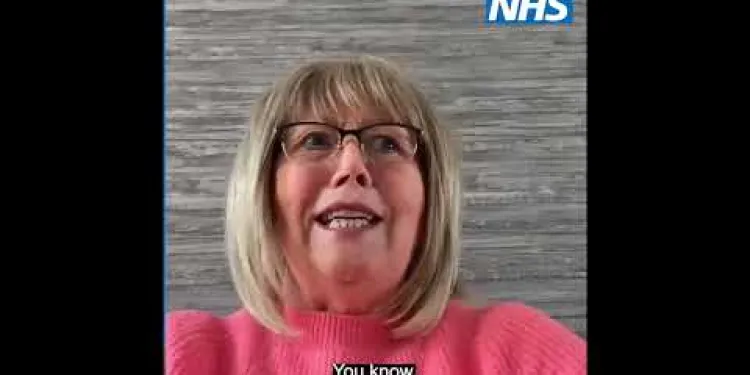
NHS breast cancer screening
Relevance: 78%
-

What is Breast augmentation?
Relevance: 78%
-
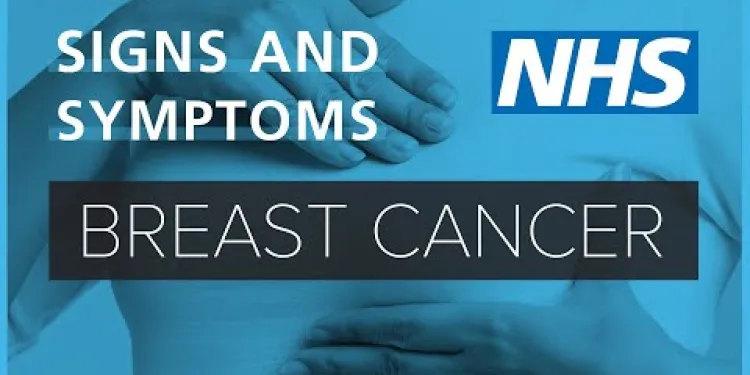
About Breast cancer - signs and symptoms | NHS
Relevance: 78%
-
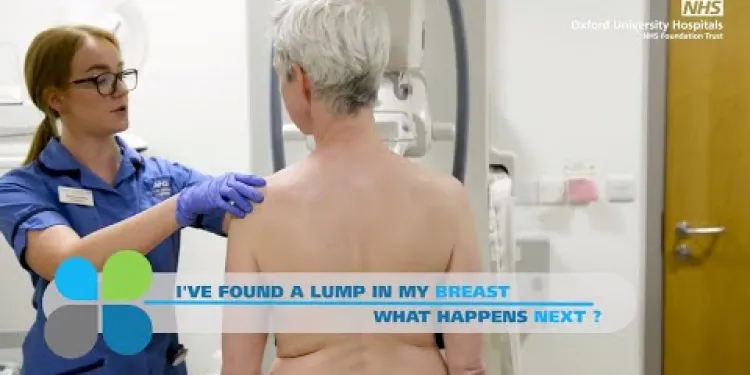
I've found a lump in my breast - What happens next? The breast diagnostic clinic
Relevance: 77%
-
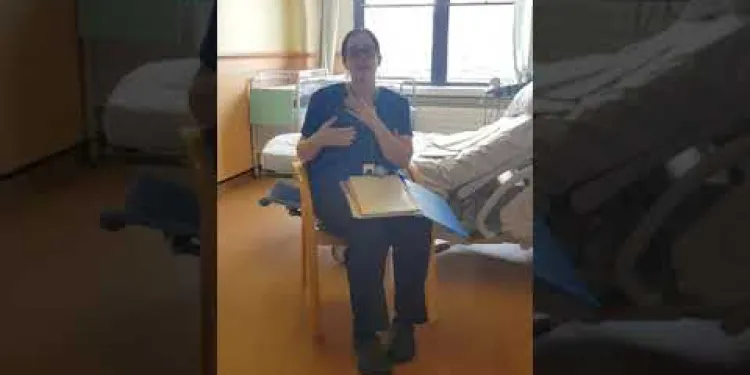
Breasts and Mastitis
Relevance: 77%
-
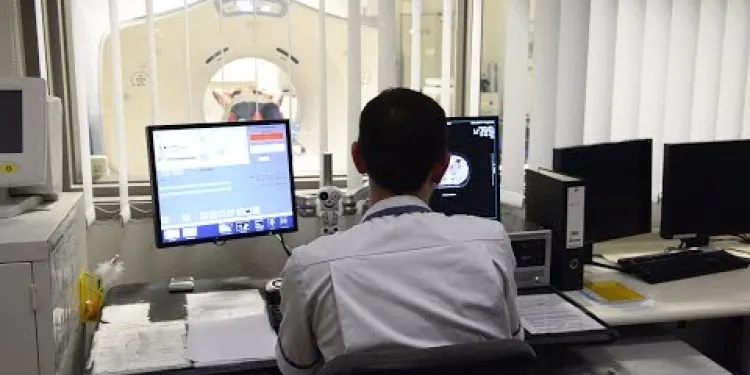
Having radiotherapy for breast cancer - 3 Videos
Relevance: 73%
-
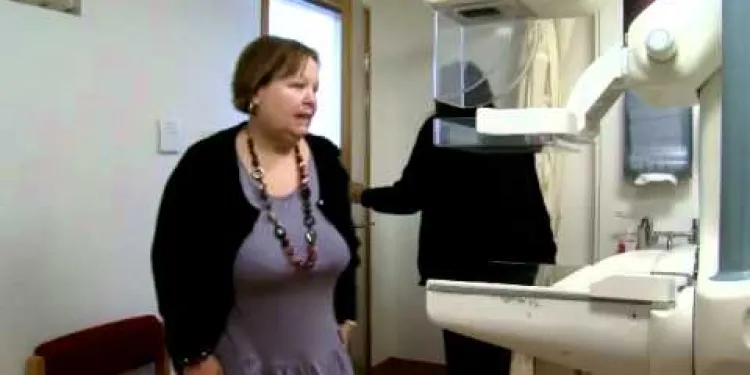
Tower Hamlets breast screening programme
Relevance: 72%
-

AI Breast Cancer Screening in the UK
Relevance: 72%
-
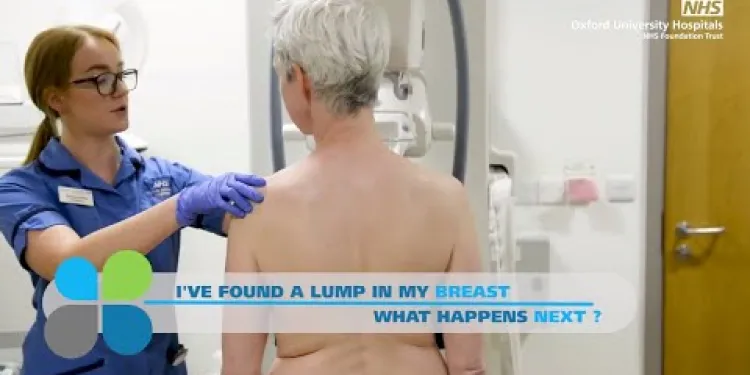
I've found a lump in my breast - What happens next? The breast diagnostic clinic
Relevance: 72%
-
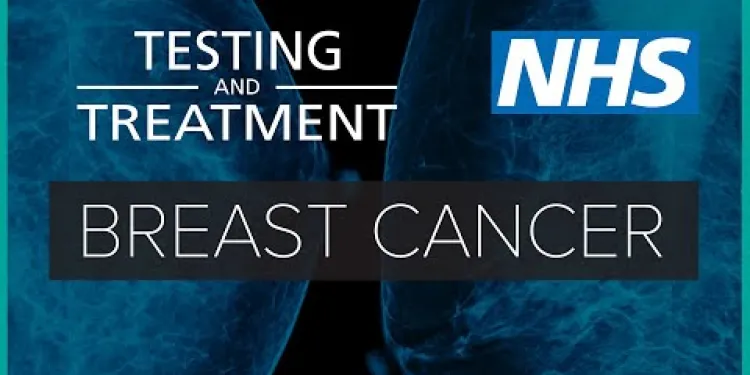
Breast cancer: testing and treatment | NHS
Relevance: 71%
-
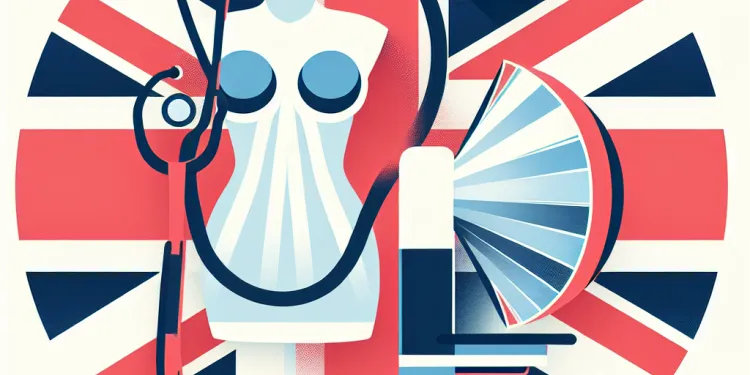
Can I have a mammogram if I have breast implants?
Relevance: 70%
-
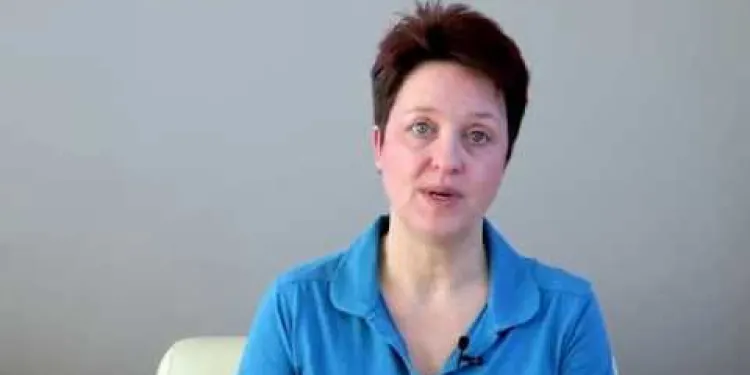
Other Things You Need to Know About Breast Screening
Relevance: 70%
-
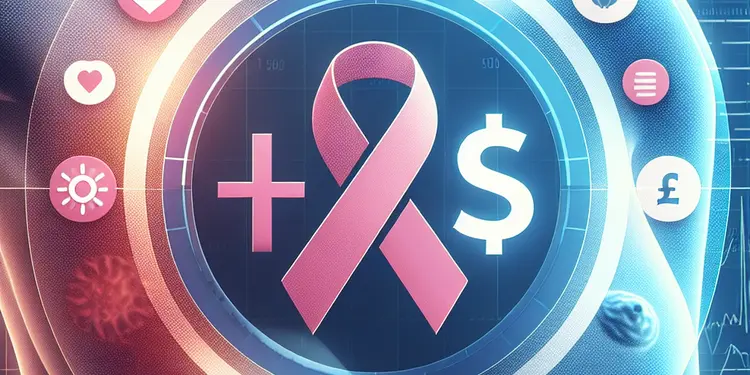
How often should I get screened for breast cancer?
Relevance: 63%
-
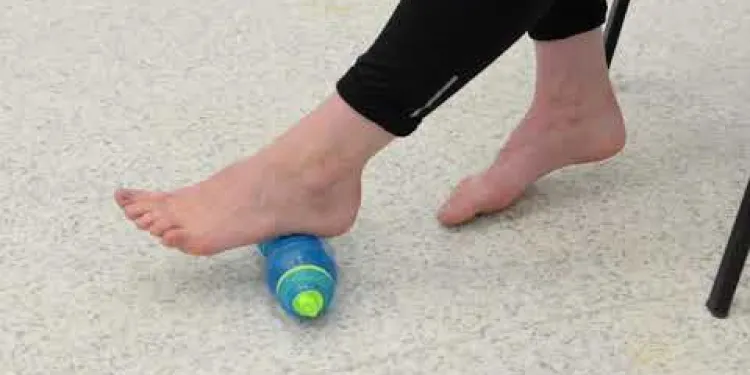
Foot Pain
Relevance: 50%
-
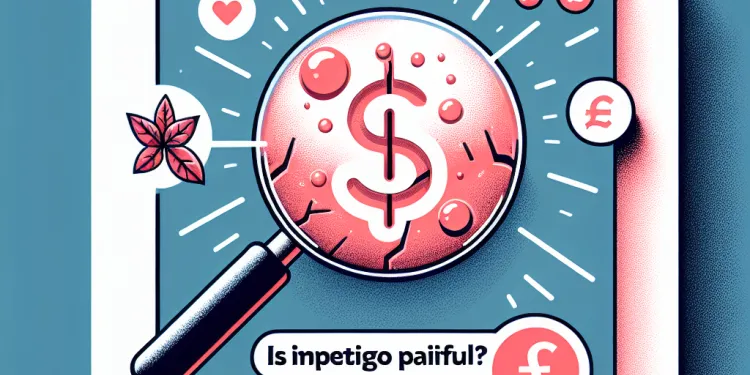
Is impetigo painful?
Relevance: 50%
-

Is a facelift painful?
Relevance: 49%
-
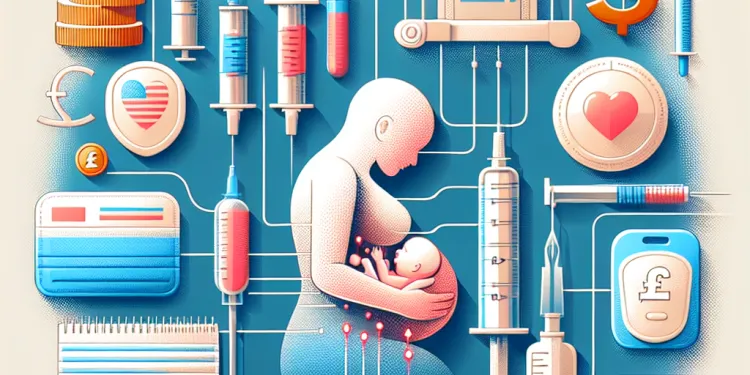
How can I manage pain after a C-section?
Relevance: 49%
-
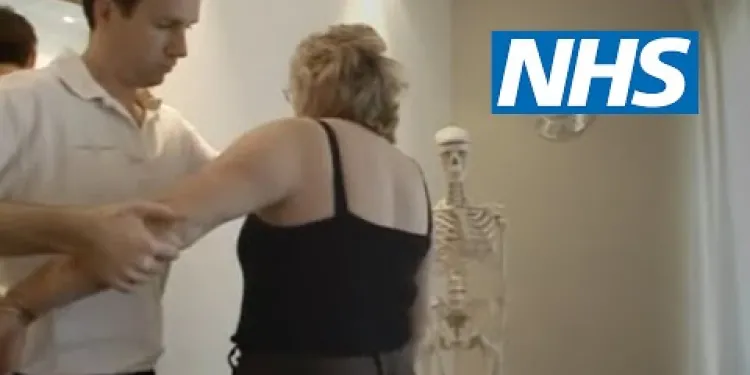
Shoulder pain | NHS
Relevance: 47%
-
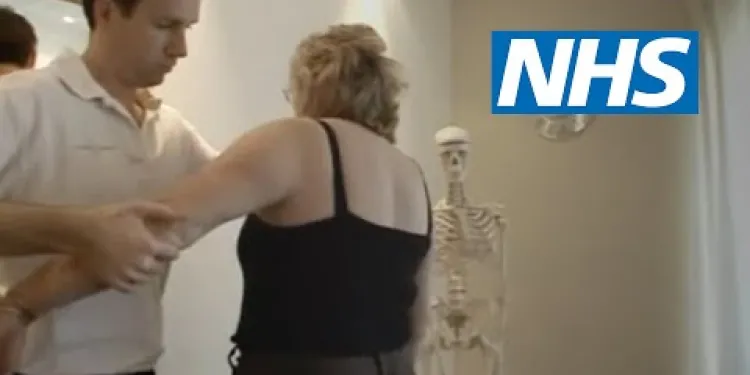
Shoulder pain | NHS
Relevance: 47%
-
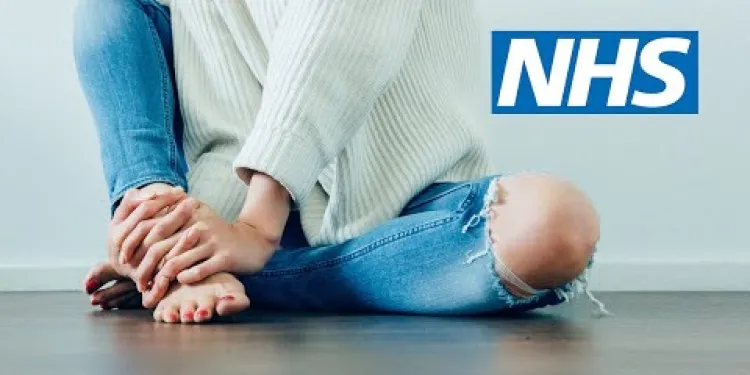
Heel pain | NHS
Relevance: 47%
-
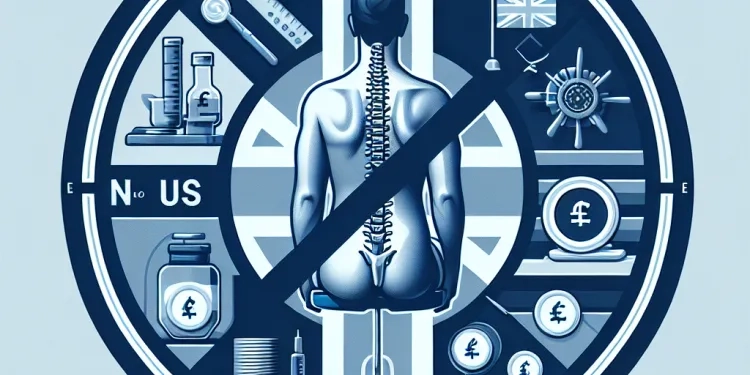
Are chiropractic treatments painful?
Relevance: 45%
-

Mechanical Lower Back Pain
Relevance: 44%
-
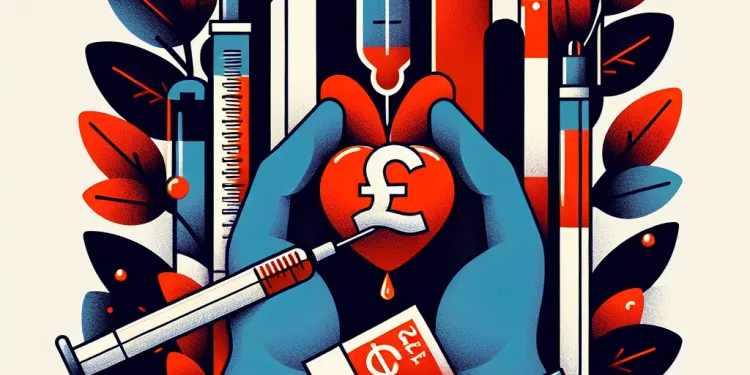
Will I feel pain during the procedure?
Relevance: 44%
-
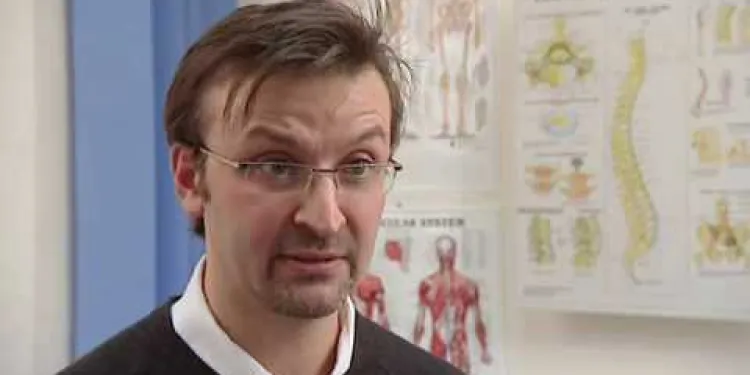
Advice on neck pain and whiplash
Relevance: 44%
-
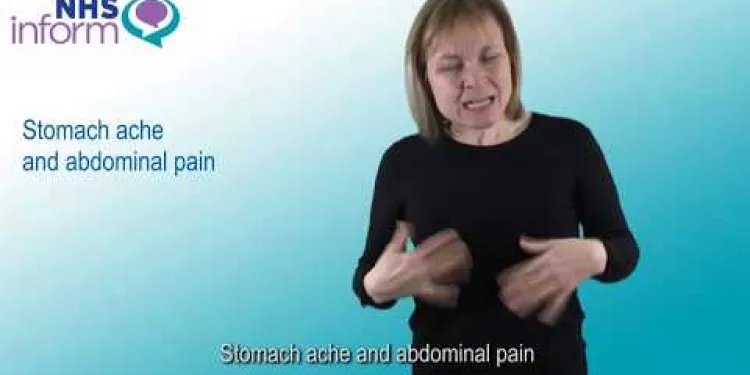
Stomach ache and abdominal pain
Relevance: 44%
-
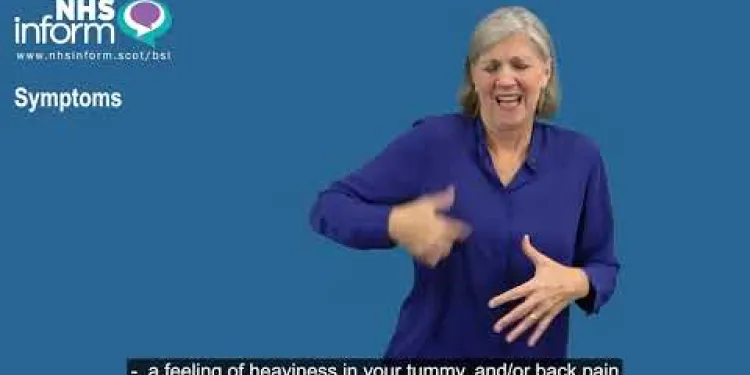
Period pain (dysmenorrhoea) - BSL
Relevance: 44%
-
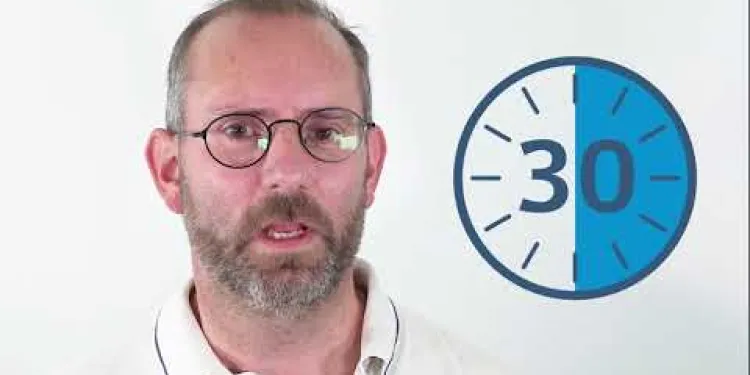
Shoulder subacromial shoulder pain
Relevance: 44%
-
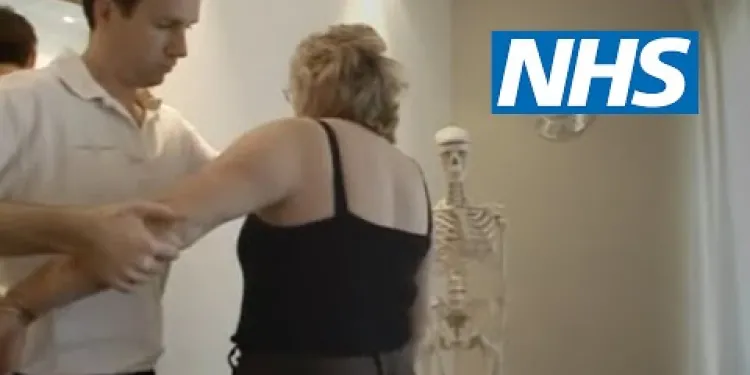
Shoulder pain | NHS
Relevance: 44%
-
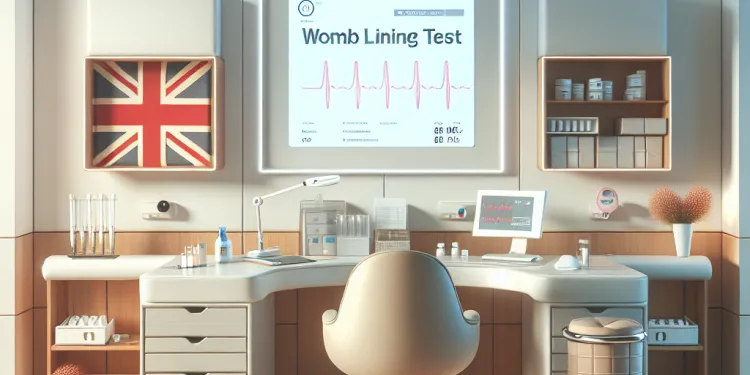
Is the womb lining test painful?
Relevance: 43%
-
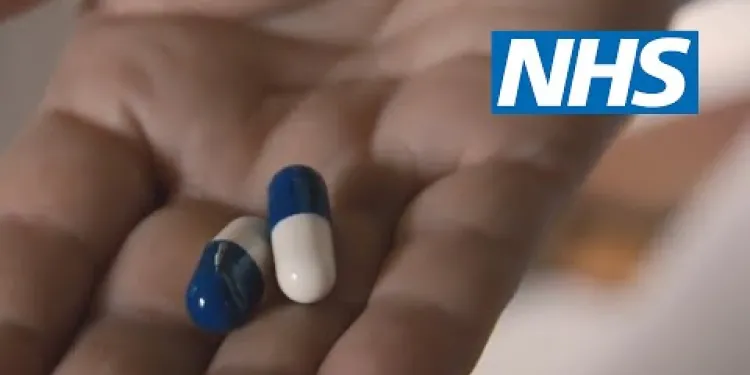
How to treat back pain | NHS
Relevance: 43%
-
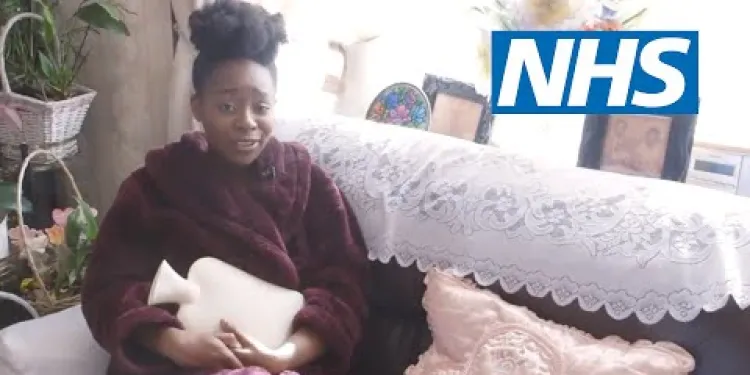
How to deal with period pain | NHS
Relevance: 42%
-
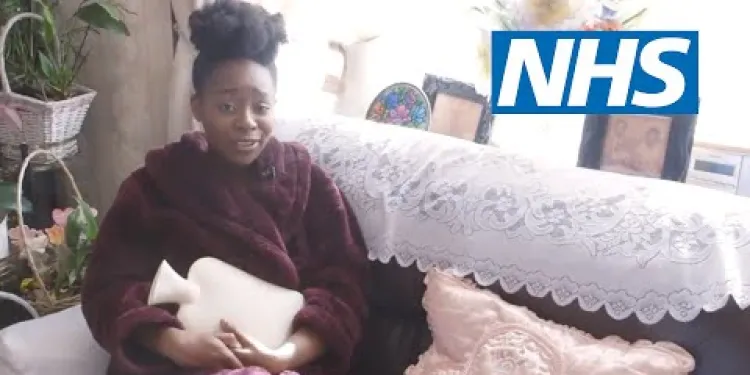
How to deal with period pain | NHS
Relevance: 42%
-
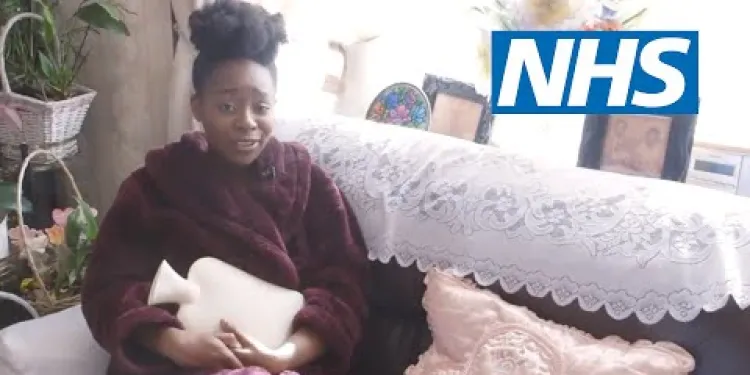
How to deal with period pain | NHS
Relevance: 42%
-
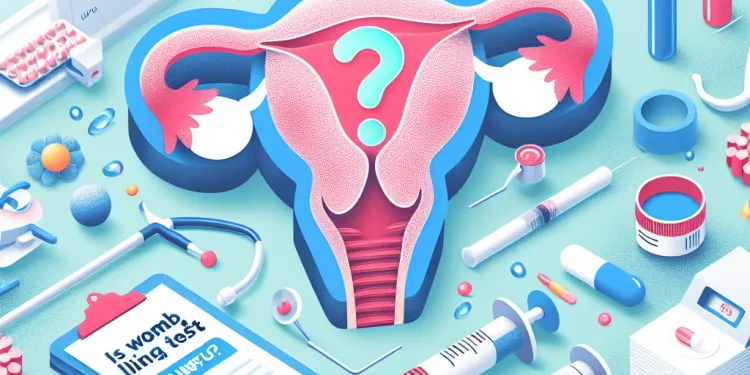
Is a womb lining test painful?
Relevance: 42%
-
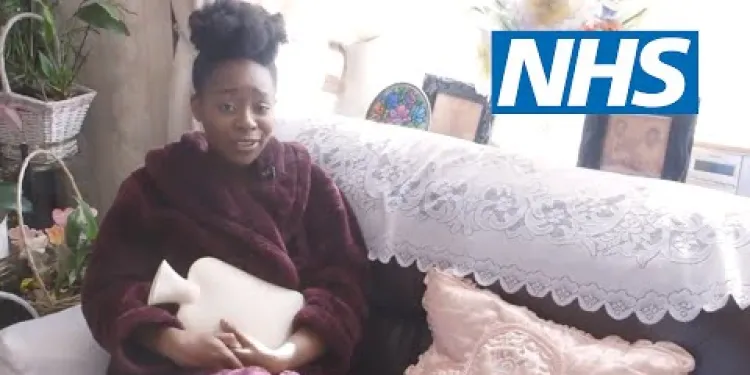
How to deal with period pain | NHS
Relevance: 42%
-

How do chiropractors treat back pain?
Relevance: 42%
-

Greater trochanteric pain syndrome
Relevance: 42%
Treating breast pain
Treating breast pain, also known as mastalgia, depends on its underlying cause. Breast pain can be classified into two categories: cyclical and non-cyclical.
1. Cyclical Breast Pain: This type of pain typically occurs in relation to the menstrual cycle and is often caused by hormonal fluctuations. Treatment options may include:
- Over-the-counter pain relievers: Non-steroidal anti-inflammatory drugs (NSAIDs) like ibuprofen can help alleviate discomfort.
- Hormone therapy: Birth control pills or hormonal therapies may regulate hormonal fluctuations, reducing cyclical breast pain.
- Dietary changes: Reducing caffeine, salt, and increasing vitamin E intake might help some individuals.
2. Non-Cyclical Breast Pain: This type of pain isn't related to the menstrual cycle and can have various causes. Treatment depends on the specific underlying issue, and options may include:
- Medication: If the pain is due to inflammation or infection, antibiotics or other prescription medications may be prescribed.
- Lifestyle changes: Wearing a well-fitted, supportive bra and avoiding excessive caffeine intake can sometimes alleviate non-cyclical breast pain.
- Physical therapy: In some cases, physical therapy exercises and techniques can help alleviate pain.
It's crucial to consult with a healthcare provider to determine the cause of breast pain and receive appropriate treatment. In rare instances, breast pain can be a sign of a more serious condition like breast cancer, so early evaluation and diagnosis are essential for proper management and peace of mind.
Treating Breast Pain | United Lincolnshire Hospitals NHS Trust
Understanding Breast Pain
Breast pain, also known as mastalgia, is a common condition experienced by many women in the UK. It can affect one or both breasts and may manifest as a dull ache, sharp pain, or a burning sensation. Understanding the cause of breast pain is crucial for effective treatment, as it can stem from hormonal changes, injury, infections, or even certain medications.Consulting Healthcare Professionals
If you are experiencing persistent or severe breast pain, it is essential to consult a healthcare professional at the United Lincolnshire Hospitals NHS Trust. Our specialists can conduct a thorough examination, including a medical history review and physical assessment, to identify any underlying causes. Diagnostic tests such as mammograms, ultrasounds, or biopsies may be recommended to rule out serious conditions such as breast cancer.Pain Management Strategies
For many women, lifestyle adjustments can significantly alleviate breast pain. Wearing a well-fitting, supportive bra can minimise discomfort, especially during physical activities. Over-the-counter pain relievers such as paracetamol or ibuprofen may also be effective. Additionally, applying warm or cold compresses can help reduce pain and inflammation.Hormonal Treatments
Hormonal fluctuations are a common cause of breast pain, particularly around the menstrual cycle. In such cases, hormonal treatments may be recommended. Birth control pills, hormone replacement therapy, or medications like danazol can sometimes help mitigate this pain. It is essential to discuss the potential benefits and side effects of these treatments with your healthcare provider.Diet and Lifestyle Modifications
Dietary changes can also play a role in managing breast pain. Reducing caffeine, fat, and sodium intake may help some women. Incorporating a balanced diet rich in fruits, vegetables, and whole grains, alongside regular exercise, can improve overall well-being and reduce symptoms.Alternative Therapies
Some patients find relief through alternative therapies such as acupuncture, herbal supplements like evening primrose oil, or vitamin E. While these methods can be beneficial, it is important to consult your healthcare provider before starting any new treatment to ensure it is safe and appropriate for your specific situation.Support and Resources
Living with persistent breast pain can be challenging, but you do not have to face it alone. The United Lincolnshire Hospitals NHS Trust offers various support services, including counselling and support groups, to help you cope with the emotional and physical aspects of breast pain. For more information and assistance, please visit our website or contact our breast care unit. By understanding the underlying causes and exploring a range of treatment options, you can find effective ways to manage breast pain and improve your quality of life.Treating Breast Pain
Breast pain is when your breasts hurt. It can be called mastalgia. There are two types of breast pain: cyclical and non-cyclical.
1. Cyclical Breast Pain: This pain happens with your menstrual cycle. It is often because of hormone changes. Ways to help with this pain are:
- Pain Medicine: You can take medicine like ibuprofen to help the pain go away.
- Hormone Treatment: Birth control pills can help keep hormones steady, which might stop the pain.
- Food Choices: Drinking less caffeine, eating less salt, and having more vitamin E might help.
2. Non-Cyclical Breast Pain: This pain is not linked to your menstrual cycle. It can have different causes. How to help depends on the cause, and some ways include:
- Medicine: If the pain is from swelling or infection, doctors might give you antibiotics or other medicines.
- Lifestyle Changes: Wearing a bra that fits well and not having too much caffeine can sometimes help.
- Physical Therapy: Exercises or special treatments can sometimes make the pain better.
It is important to talk to a doctor to find out why you have breast pain. This way, you can get the right help. Sometimes, breast pain might be a sign of something more serious, like breast cancer. Seeing a doctor early is important for your health and to make you feel better.
Treating Breast Pain | United Lincolnshire Hospitals NHS Trust
Understanding Breast Pain
Breast pain means your breasts hurt. This is common and many women in the UK feel this pain. Sometimes one breast hurts, sometimes both. The pain can feel dull, sharp, or like burning. Knowing why your breasts hurt helps you find the right treatment. Causes can be changes in hormones, being hurt, infections, or medicine.Consulting Healthcare Professionals
If your breast pain is really bad or doesn’t go away, see a doctor. At the United Lincolnshire Hospitals NHS Trust, our doctors can check you to find out why you have pain. They might do some tests like mammograms or ultrasounds to make sure it's nothing serious like breast cancer.Pain Management Strategies
There are ways to help reduce breast pain. Wearing a good bra that fits well can help stop pain, especially when you are active. You can take pain medicine like paracetamol or ibuprofen. Putting something warm or cold on your breasts can also help with the pain.Hormonal Treatments
Hormones can make your breasts hurt, especially before your period. If this is the case, hormonal medicines might help. Things like birth control pills can sometimes reduce the pain. You should talk to your doctor about these options and see what is best for you.Diet and Lifestyle Modifications
What you eat can affect breast pain. Eating less caffeine, less fat, and less salt might help you feel better. Eating lots of fruits, vegetables, and whole grains is good. Exercise can make you feel healthier and reduce pain too.Alternative Therapies
Some people try other ways to feel better, like acupuncture or taking natural supplements such as evening primrose oil or vitamin E. Before you try something new, talk to your doctor to make sure it is safe for you.Support and Resources
Breast pain can be hard to deal with, but you don’t have to do it alone. The United Lincolnshire Hospitals NHS Trust has support services to help you. They offer counselling and support groups. For more help, visit their website or contact their breast care unit. Understanding why you have breast pain and trying different treatments can help you feel better and live a happier life.Frequently Asked Questions
What causes breast pain?
Breast pain can be caused by hormonal changes, breast cysts, mastitis, or trauma. It can also be related to lifestyle factors such as diet or stress.
Is breast pain a sign of breast cancer?
Breast pain is not usually a symptom of breast cancer. However, it is important to consult a healthcare provider if you have persistent pain, lumps, or other unusual changes in your breasts.
When should I see a doctor about breast pain?
You should see a doctor if your breast pain is severe, persists for more than a few weeks, is in a specific area of the breast, or if you notice any additional symptoms like lumps, discharge, or changes in the breast shape.
How is breast pain diagnosed?
Breast pain is diagnosed through a combination of physical examination, medical history, and possibly imaging tests such as a mammogram or ultrasound.
Can diet affect breast pain?
Yes, diet can affect breast pain. Reducing caffeine and fat intake, and incorporating a balanced diet may help alleviate symptoms. Some women find relief by taking vitamin E or evening primrose oil supplements.
What lifestyle changes can help reduce breast pain?
Wearing a well-fitting, supportive bra, maintaining a healthy diet, reducing caffeine and salt intake, and managing stress can help reduce breast pain.
Are there any medications for treating breast pain?
Over-the-counter pain relievers such as paracetamol or ibuprofen can be used to manage breast pain. In some cases, doctors may prescribe hormonal medications or other treatments depending on the cause of the pain.
Can exercise help with breast pain?
Yes, regular exercise may help reduce breast pain by improving overall health and reducing stress. However, ensure that you wear a supportive sports bra during physical activity.
Is it normal to have breast pain before periods?
Yes, it is common to experience breast pain before periods due to hormonal changes. This type of pain usually subsides after menstruation begins.
What is cyclical breast pain?
Cyclical breast pain is related to the menstrual cycle and usually occurs in both breasts. It tends to worsen during the two weeks leading up to a period.
What is non-cyclical breast pain?
Non-cyclical breast pain is not related to the menstrual cycle and can occur in one or both breasts. It may be caused by injury, infections, or other non-hormonal factors.
Can stress cause breast pain?
Yes, stress can contribute to breast pain. Managing stress through relaxation techniques, exercise, and other coping strategies may help alleviate symptoms.
What is mastitis and can it cause breast pain?
Mastitis is an infection of the breast tissue that results in breast pain, swelling, warmth, and redness. It is commonly associated with breastfeeding.
How can I find a well-fitting bra?
For a well-fitting bra, consider getting a professional bra fitting at a lingerie shop. A correctly fitting bra should provide support without being too tight or causing discomfort.
Can weight changes affect breast pain?
Yes, significant weight changes can affect breast size and tissue composition, potentially leading to breast pain. Maintaining a stable and healthy weight may help manage pain.
Why do my breasts hurt?
Breast pain means your breast hurts. It can happen because of changes in your body, like hormones. It could also be because of things like lumps, an infection called mastitis, or if you hurt your breast. What you eat or feeling very stressed can also make your breasts hurt.
Does breast pain mean you have breast cancer?
If your breast hurts, it does not mean you have cancer. Sometimes breasts hurt for other reasons. It is good to talk to a doctor if you are worried. They can help you find out why it hurts.
Here are some things that can help:
- Ask a family member or friend to go with you to the doctor.
- Write down your questions before you see the doctor.
- Use pictures or drawings to help explain where the pain is.
Breast pain usually does not mean you have breast cancer. But, if you have pain that does not go away, or you feel lumps or notice other changes in your breasts, it is important to see a doctor.
When should I talk to a doctor about breast pain?
It can be hard to know when to see a doctor about breast pain. Here is some simple advice.
1. If the pain does not go away: If your breast hurts for more than two weeks, it's a good idea to talk to a doctor.
2. If there are other signs: If you feel a lump, have swelling, or notice changes in your breast, you should see a doctor.
3. If the pain is very bad: If the pain is so bad that it stops you from doing things you enjoy, ask a doctor for help.
Remember, it is always okay to ask a doctor if you are worried. They are there to help you.
Helpful tools: You can use a calendar to mark when you feel pain. This can help you see how long the pain lasts and if it changes.
If your breast hurts a lot, lasts for a long time, is in one spot, or if you notice any new problems like lumps, strange liquid, or changes in how your breast looks, you should go and see a doctor.
How do doctors find out why breasts hurt?
Doctors find out why your breasts hurt by doing a few things. They will:
- Look at your breasts
- Ask about your health in the past
- Maybe take pictures of your breasts using special machines like a mammogram or ultrasound.
If you need help reading, you can use tools that read text out loud to you. You can also ask someone you trust to read with you and explain things more simply.
Can what you eat change breast pain?
Some people feel pain in their breasts. This is called breast pain.
What you eat might make breast pain better or worse.
Some tips to help:
- Ask a doctor or a nurse what foods are good for you.
- Try eating foods that are good for you, like fruits and vegetables.
- Drink plenty of water every day.
- Try to eat less salty food.
If you are worried about breast pain, you can also:
- Talk to a doctor or nurse.
- Keep a diary of what you eat and how your breasts feel.
Yes, what you eat can change how your breasts feel. Drinking less coffee and eating less fatty foods might help your breasts hurt less. Eating a balanced diet is important too. Some women feel better when they take vitamin E or evening primrose oil supplements.
What can you do to help stop breast pain?
Here are some simple changes you can make:
- Wear a comfortable and supportive bra.
- Try to avoid caffeine, like in coffee and tea.
- Eat a healthy diet with fruits and vegetables.
- Do gentle exercises like walking or stretching.
- Try to relax and find ways to reduce stress.
You can also talk to a doctor or nurse for help.
Wear a bra that fits well and supports you. Eat healthy food. Drink less caffeine, like coffee, and eat less salt. Try to stay calm and happy to help with breast pain.
Can medicine help with breast pain?
You can take medicine like paracetamol or ibuprofen to help with breast pain. Sometimes, doctors might give you other medicines if they know why you have pain.
Here are some ways to feel better:
- Talk to your doctor about what might help you.
- Use a heating pad or warm cloth on the sore area.
- Wear a comfortable bra that fits well.
Ask someone you trust to explain things if you find it hard to understand.
Can exercise help with breast pain?
If your breasts hurt, moving your body might help. This is called exercise. Things you can do include walking, swimming, or playing a sport you like. Exercise can make you feel better and help your body stay strong.
Here are some ways to make it easier:
- Start with a little bit each day.
- Wear a comfy sports bra for support.
- Do what you enjoy to make it fun.
- Ask someone to join you.
If you are worried about your breast pain, it’s good to talk to a doctor or nurse. They can help you feel okay.
Yes, exercising can help make breast pain better. It helps you stay healthy and feel less stressed. But make sure you wear a comfy sports bra when you exercise.
Is it usual for breasts to hurt before periods?
It is common for breasts to feel sore or hurt before a period. This is normal for many people. You might notice this feeling a few days before your period starts.
If your breasts hurt a lot or you are worried, talk to a doctor. They can help you feel better and tell you if everything is okay.
Tools like a period calendar can help you remember when your period is coming. This can help you know when you might start to feel breast pain.
Yes, it is normal for your breasts to hurt before your period. This happens because of changes in your body. The pain usually goes away after your period starts.
What is cyclical breast pain?
Cyclical breast pain means your breasts hurt at the same time each month. It is linked to your monthly period. The pain can feel like an ache or heavy feeling.
Doctors can help with the pain. You can use special bras for support too.
Cyclical breast pain happens with your monthly period. It usually hurts in both breasts. The pain can get worse in the two weeks before your period starts.
What is breast pain that does not follow a cycle?
Breast pain that does not follow a cycle means it does not happen regularly. It can hurt in one spot or all over the breast. It is not linked to periods. If you have this kind of pain, talk to a doctor. You can use a warm cloth or take pain medicine to feel better.
Sometimes, breast pain doesn't follow a pattern and isn't linked to periods. This pain can happen in one or both breasts. It might be caused by an injury, infections, or other things that aren't related to hormones.
Helpful Tools: You can use a warm pack to help soothe the pain. Relax and wear a comfy bra. If it still hurts, you can talk to a doctor.
Can stress make your breasts hurt?
Stress is when you feel worried or anxious.
Sometimes, stress can make different parts of your body hurt.
Your breasts might hurt if you are stressed.
Try to relax and take deep breaths.
If your breasts still hurt a lot, talk to a doctor.
Yes, feeling worried or stressed can make your breasts hurt. Doing things to relax, like deep breathing, exercise, or finding fun activities, can help you feel better.
What is mastitis and can it make your breast hurt?
Mastitis is when your breast gets swollen and sore. This can happen when germs get in your breast. It can make your breast feel hot and hurt. If you have a baby and are breastfeeding, mastitis can happen.
If your breast hurts for too long, tell a doctor or nurse. They can help you feel better.
Using a warm cloth on your breast might help with pain. Also, check with grown-ups at home for help if you need it.
Mastitis is when your breast gets infected. It makes your breast hurt, swell up, feel warm, and look red. This often happens when moms are breastfeeding.
How can I find a bra that fits well?
Finding a good bra is important. Here are some easy steps to help you:
- Ask an adult to help you get measured at a store. This will help you know your size.
- Try on different bras to see which one feels comfy.
- Make sure the straps are not too tight or too loose.
- The band should sit flat around your body.
A good bra should not feel too tight or too loose. Ask for help if you need it.
To find a bra that fits well, you can visit a store that sells underwear. Ask them to help you find the right size. A good bra should be comfortable and not too tight.
Can changing weight make breasts hurt?
Yes, big changes in weight can make breasts change size and feel different. This can sometimes make breasts hurt. Keeping your weight steady and healthy might help stop the pain.
Useful Links
This website offers general information and is not a substitute for professional advice.
Always seek guidance from qualified professionals.
If you have any medical concerns or need urgent help, contact a healthcare professional or emergency services immediately.
Some of this content was generated with AI assistance. We’ve done our best to keep it accurate, helpful, and human-friendly.
- Ergsy carfully checks the information in the videos we provide here.
- Videos shown by Youtube after a video has completed, have NOT been reviewed by ERGSY.
- To view, click the arrow in centre of video.
- Most of the videos you find here will have subtitles and/or closed captions available.
- You may need to turn these on, and choose your preferred language.
- Go to the video you'd like to watch.
- If closed captions (CC) are available, settings will be visible on the bottom right of the video player.
- To turn on Captions, click settings .
- To turn off Captions, click settings again.
More Items From Ergsy search
-

Treating breast pain | United Lincolnshire Hospitals NHS Trust
Relevance: 100%
-

Is a mammogram painful?
Relevance: 82%
-

Evidence-Based Interventions: breast reduction
Relevance: 79%
-

NHS breast cancer screening
Relevance: 78%
-

What is Breast augmentation?
Relevance: 78%
-

About Breast cancer - signs and symptoms | NHS
Relevance: 78%
-

I've found a lump in my breast - What happens next? The breast diagnostic clinic
Relevance: 77%
-

Breasts and Mastitis
Relevance: 77%
-

Having radiotherapy for breast cancer - 3 Videos
Relevance: 73%
-

Tower Hamlets breast screening programme
Relevance: 72%
-

AI Breast Cancer Screening in the UK
Relevance: 72%
-

I've found a lump in my breast - What happens next? The breast diagnostic clinic
Relevance: 72%
-

Breast cancer: testing and treatment | NHS
Relevance: 71%
-

Can I have a mammogram if I have breast implants?
Relevance: 70%
-

Other Things You Need to Know About Breast Screening
Relevance: 70%
-

How often should I get screened for breast cancer?
Relevance: 63%
-

Foot Pain
Relevance: 50%
-

Is impetigo painful?
Relevance: 50%
-

Is a facelift painful?
Relevance: 49%
-

How can I manage pain after a C-section?
Relevance: 49%
-

Shoulder pain | NHS
Relevance: 47%
-

Shoulder pain | NHS
Relevance: 47%
-

Heel pain | NHS
Relevance: 47%
-

Are chiropractic treatments painful?
Relevance: 45%
-

Mechanical Lower Back Pain
Relevance: 44%
-

Will I feel pain during the procedure?
Relevance: 44%
-

Advice on neck pain and whiplash
Relevance: 44%
-

Stomach ache and abdominal pain
Relevance: 44%
-

Period pain (dysmenorrhoea) - BSL
Relevance: 44%
-

Shoulder subacromial shoulder pain
Relevance: 44%
-

Shoulder pain | NHS
Relevance: 44%
-

Is the womb lining test painful?
Relevance: 43%
-

How to treat back pain | NHS
Relevance: 43%
-

How to deal with period pain | NHS
Relevance: 42%
-

How to deal with period pain | NHS
Relevance: 42%
-

How to deal with period pain | NHS
Relevance: 42%
-

Is a womb lining test painful?
Relevance: 42%
-

How to deal with period pain | NHS
Relevance: 42%
-

How do chiropractors treat back pain?
Relevance: 42%
-

Greater trochanteric pain syndrome
Relevance: 42%


